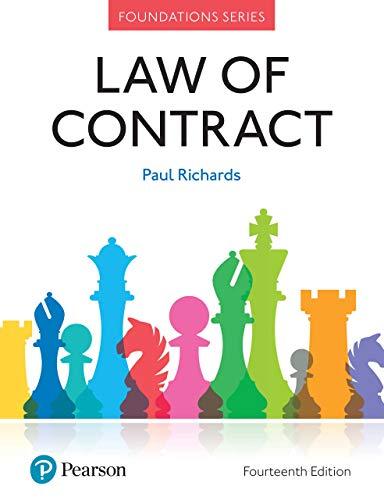Read article and answer questions
come to an end. Justice Louis Brandeis, speaking of the NIRA Document 1: Schechter Poultry vs. The United States (1935) Document 2: United States v. Butler (1936) The Sick Chicken Case) Schechter Poultry was alleged to have sold unfit chicken The Agricultural Adjustment Act made payments to to a butcher. Both Schecter & the butcher were located farmers to limit their production of wheat, cotton, rice, in Brooklyn, New York. Schecter did not do any out of tobacco, corn, hogs, & dairy products. Payments were state business. Schechter Poultry Co. was charged by the taken out of taxes forced on processors of the food. Federal government for violating the NIRA (allowed These tax payments were sent directly from the Federal government power to regulate business processors to the farmers as reimbursement not to grow practices) by selling unfit chicken. food. Butler, a food processor refused to pay the tax arguing that a tax cannot be used to transfer wealth Schechter Poultry argued that the NIRA was directly from one person to another. The Federal unconstitutional because the federal government had no government brought suit against him. right to regulate intrastate trade. The Supreme Court citing Gibbons vs. Ogden as the precedent struck down "The plan for the Agricultural Adjustment Act is the NIRA as unconstitutional reaffirming that fact that increase the prices of certain farm products for the the Federal government may not regulate intrastate farmer by decreasing the quantities produced; the (within a state) commerce only interstate decrease is to be attained by making payments of money (between/across) states. to farmers who, under agreements with the Secretary of Agriculture, reduce their acreage & crops, & the money Justice Hughes argued : "Extraordinary conditions do for this purpose is exacted, as a tax, from those who first not create or enlarge constitutional power... Congress process the commodities... The Act invades the reserved cannot delegate legislative power to the President to powers of the States. "[ P. 297 U. S. 68.] Regulation and exercise an unfettered (unbounded) discretion to make control of agricultural production are beyond the powers whatever laws he thinks may be needed or advisable for delegated to the Federal Government." the rehabilitation & expansion of trade or industry. The Supreme Court agreed with Butler & struck down the Agricultural Adjustment Act (AAA) which was replaced with a new act that taxed processors that were sent to the government & then the farmers were paid out of a general fund not to grow food. Both acts had the same effect, but the later version was legal 1. Although Schechter Poultry was guilty of misconduct, why could the Federal government not prosecute the business for violating the NIRA? 2. Identify the Constitutional principle being used by the Supreme Court in the Schechter ruling: the tenth amendment 3. Compare tax payments today to the structure established by the AAA, how is it different? 4. Identify the Constitutional principle being used in the Butler ruling







